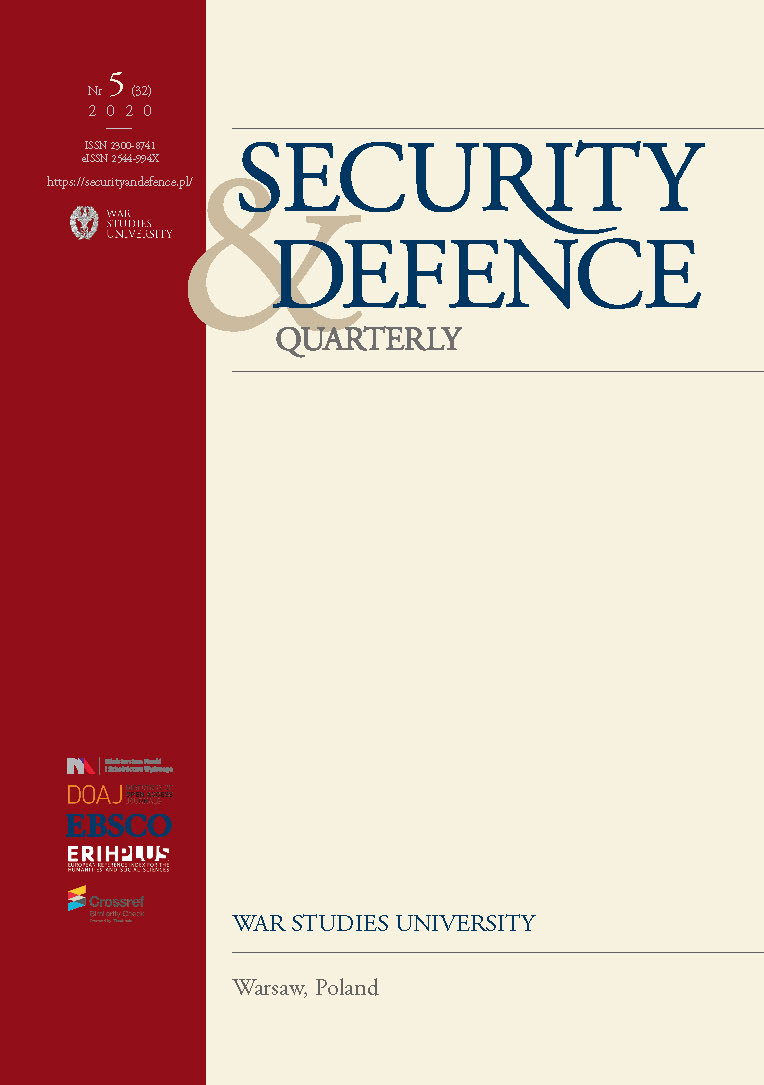The New Institutionalism: A tool for analysing defence and security institutions
The New Institutionalism: A tool for analysing defence and security institutions
Author(s): Valerijs BodnieksSubject(s): Public Administration, Security and defense, Political behavior
Published by: Akademia Sztuki Wojennej
Keywords: new institutionalism; defence and security institutions; decisions in past; rational choice; cognitive script;
Summary/Abstract: The aim of this paper is to investigate new institutionalism, its trends and their application in the analysis of security and defence institutions. The research is based on an analysis of theoretical literature to explore a system of assumptions about new institutionalism. Different approaches have been examined, including historical, rational choice, and sociological approaches. Historical institutionalism can be applied to identify the usefulness of past decisions, policy choices, appropriate strategy choices, and specific acquisitions for future policymakers, whereas rational choice institutionalism allows us to determine the influence of security and defence institutions on actors and their choices, how actors use the institutional framework for their own benefit, and how actors’ choices influence the state policy. Finally, sociological institutionalism focuses on recognising actors’ cognitive scripts and the changes they undergo, as well as causes that influence and determine cognitive scripts. Defence institutions are based on a precise regulative and normative framework and cognitive scripts of the highest authorities. The aim of this paper is to investigate new institutionalism, its trends and their application in the analysis of security and defence institutions. The research is based on an analysis of theoretical literature to explore a system of assumptions about new institutionalism. Different approaches have been examined, including historical, rational choice, and sociological approaches. Historical institutionalism can be applied to identify the usefulness of past decisions, policy choices, appropriate strategy choices, and specific acquisitions for future policymakers, whereas rational choice institutionalism allows us to determine the influence of security and defence institutions on actors and their choices, how actors use the institutional framework for their own benefit, and how actors’ choices influence the state policy. Finally, sociological institutionalism focuses on recognising actors’ cognitive scripts and the changes they undergo, as well as causes that influence and determine cognitive scripts. Defence institutions are based on a precise regulative and normative framework and cognitive scripts of the highest authorities. Therefore, the external framework and the particular political impact on the supranational level can cause changes on the national level. New institutionalism provides an important perspective on the specifics of security and defence policy, actors’ individual and collective goals, their strategies and interests as well as cognitive scripts.
Journal: Security and Defence Quarterly
- Issue Year: 32/2020
- Issue No: 5
- Page Range: 83-94
- Page Count: 11
- Language: English

